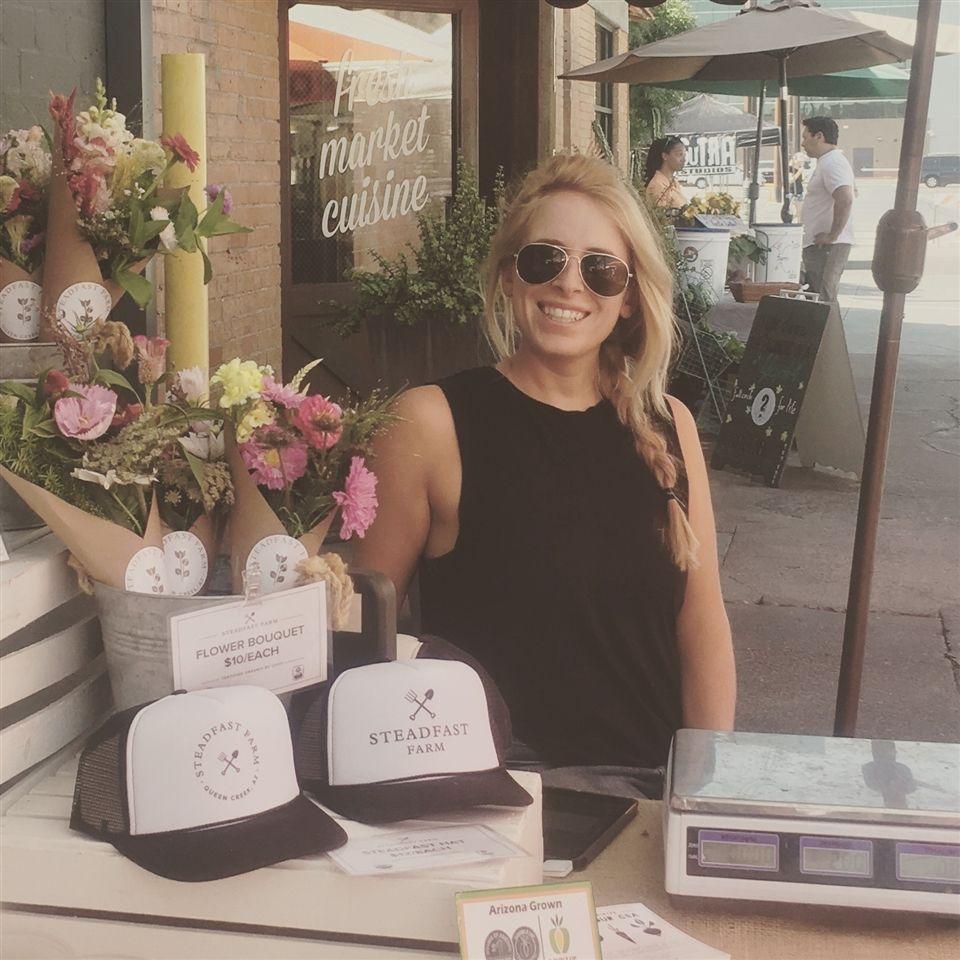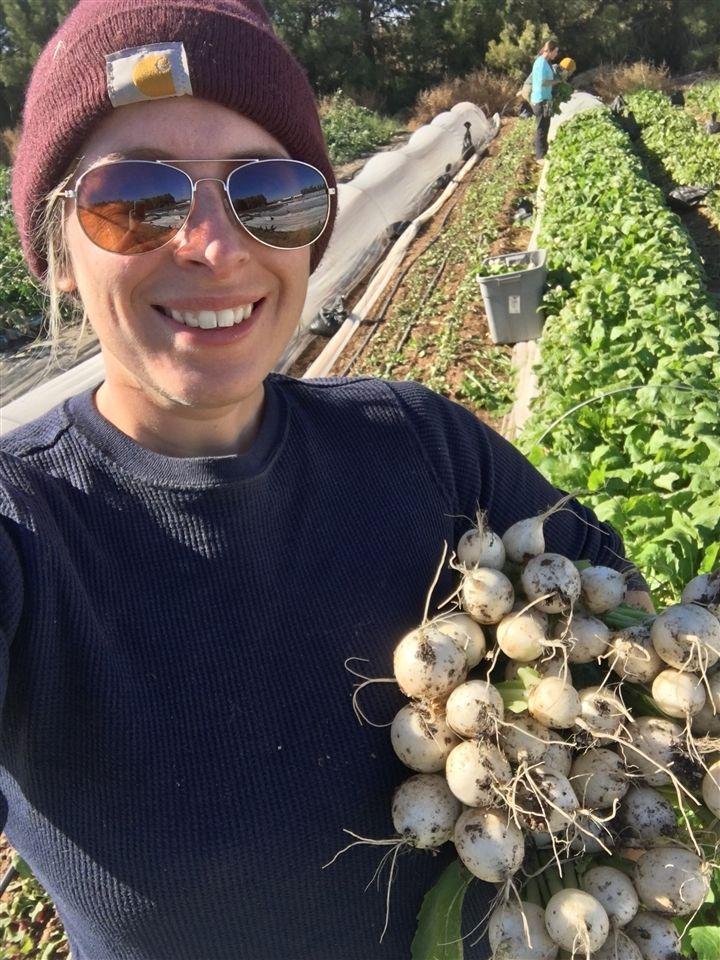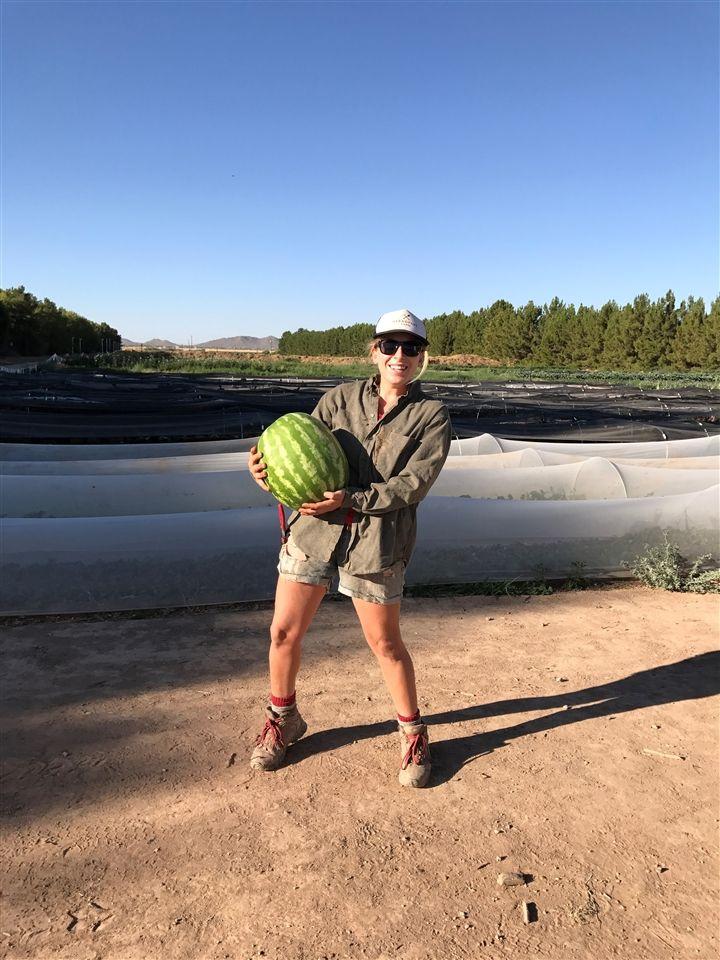Stephanie Berluti '07
Organic Farmer
Farming, says Stephanie Berluti, is not for the faint of heart. "If you forget to send an email at your desk job," she points out, "you can probably fix the situation. But if you don't cover your lettuce fields in time before a hard frost, your whole crop is probably dead.
Stephanie's path to farming began in her junior year at Sacred Heart, when watching An Inconvenient Truth in Sally Tyler's current events class motivated her to help reduce carbon in the atmosphere. After obtaining a degree in global studies at Providence College, with a minor in public and community service, Stephanie went on to become program and events manager for the Northeast Organic Farming Association of Connecticut (CT-NOFA). There, she executed grants to provide training to Connecticut farmers with less than ten years of experience, organized educational events and fundraisers, and ran the organization's social media outlets.
"I had never dreamed of farming myself," Stephanie says. "The only outdoor labor I had done was mowing my grandfather's lawn." But, after three years of working at a non-profit, she began to think that she wanted to get her hands dirty—and to see if she were mentally and physically strong enough to pursue the life of a farmer.
So, in 2015, Stephanie apprenticed at Serenbe Farms outside Atlanta, Georgia, which specializes in suburban farming in an "agrihood." In 2016 she moved to Martha's Vineyard, where she learned to grow organic salad greens, flowers, and mushrooms. From there, she moved to Phoenix, to train in urban/market garden farming. These experiences taught her that farmers are "renaissance people" who need knowledge and skills in everything from meteorology and plant science, to plumbing, accounting, and branding.
"The stereotype of the farmer," she says, "is a middle-aged guy on tractor. But I've worked mostly with women and on women crews. Sacred Heart taught me how to communicate and work in groups, and how not to be afraid of challenging myself. At the end of the day, covered in dirt, I feel strong."
Next year, Stephanie plans to bring her skills back to her hometown of Orange, Connecticut, to start her own farm in 2020. She will focus on market garden farming and educating customers and the community. "I get great satisfaction from interacting with customers," she says, "for instance, when we give out samples, watching the faces of kids who have never tasted a real carrot before. We want people to know what real food tastes like."
And then there are the moments of looking over the fields and being able to see the literal fruits of her labor. She knows that farming in unpredictable New England weather will be a different undertaking than farming in Arizona, but relishes the challenge. "Wherever you farm, you get to do something different every day," she says, "If you are bored with farming, you are doing it wrong."





